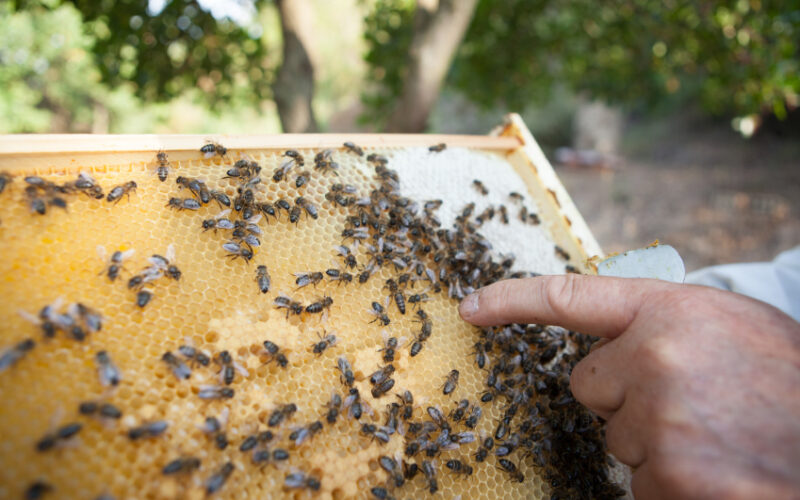Introduction
In the realm of sustainable beekeeping, beehive requeening plays a pivotal role in ensuring the long-term health and prosperity of honeybee colonies. This article explores the various benefits of requeening and how it contributes to sustainable beekeeping practices.
1. Enhancing Colony Productivity
By requeening, beekeepers have the opportunity to introduce young and vigorous queens into their colonies. These new queens are at the peak of their egg-laying capacity, resulting in increased colony population and productivity. More worker bees mean more foragers, leading to improved honey production and overall hive efficiency.
2. Disease Management and Resistance
Older queens may be more susceptible to diseases and parasites, posing risks to the entire colony. When requeening, beekeepers can select queens from reputable breeders with a focus on disease resistance. This proactive approach helps in reducing the spread of infections and ensures a healthier and more resilient bee population.
3. Improved Genetics and Traits
Requeening provides an opportunity to enhance desirable traits within the colony. Beekeepers can select queens with specific attributes, such as gentle behavior, strong brood patterns, and increased honey production. Over time, these preferred genetic traits can be perpetuated throughout the apiary, creating colonies best suited for the local environment.
4. Swarm Prevention and Management
A well-timed requeening can help prevent swarming tendencies within the colony. As young queens are less likely to swarm, requeening before swarming season reduces the risk of losing a valuable portion of the workforce. Additionally, a strong and productive queen diminishes the urge for workers to initiate swarming preparations.
5. Supporting Ecosystem Balance
Sustainable beekeeping extends beyond the boundaries of the apiary. By maintaining strong and healthy colonies, beekeepers contribute to the overall ecosystem balance. Bees play a crucial role in pollination, enabling the reproduction of various plant species, which, in turn, sustains wildlife and biodiversity.
6. Natural Pest Control
Requeening can indirectly assist in controlling certain pests within the hive. When introducing a new queen, the worker bees may become more vigilant in defending the colony against intruders, including hive pests like small hive beetles and wax moths.
7. Continual Improvement in Beekeeping Practices
Requeening provides an opportunity for beekeepers to continually learn and improve their practices. By observing the outcomes of requeening efforts and assessing the performance of different queen lines, beekeepers can fine-tune their selection criteria and management techniques.
Conclusion
Beehive requeening is a powerful tool in the hands of a skilled and dedicated beekeeper. Embracing this practice not only enhances colony productivity and disease resistance but also supports the delicate balance of the ecosystem. As beekeepers strive for sustainable and ethical practices, requeening emerges as a fundamental aspect of responsible beekeeping. Remember, the journey towards sustainable beekeeping is a rewarding one, filled with learning and discovery. So, requeen with confidence and let your beekeeping endeavors flourish sustainably. Happy beekeeping!






